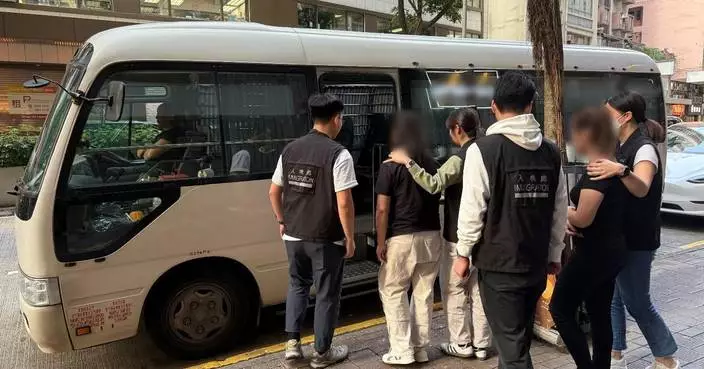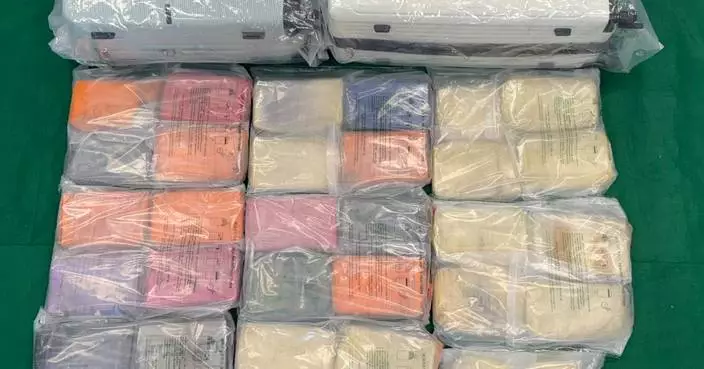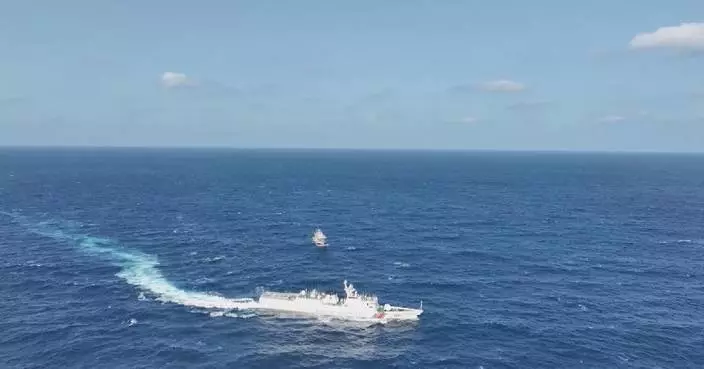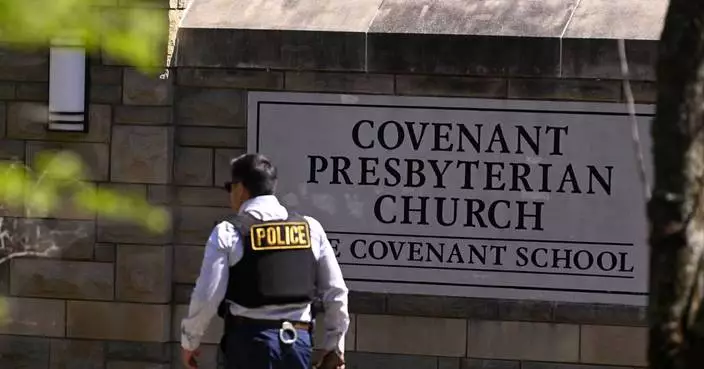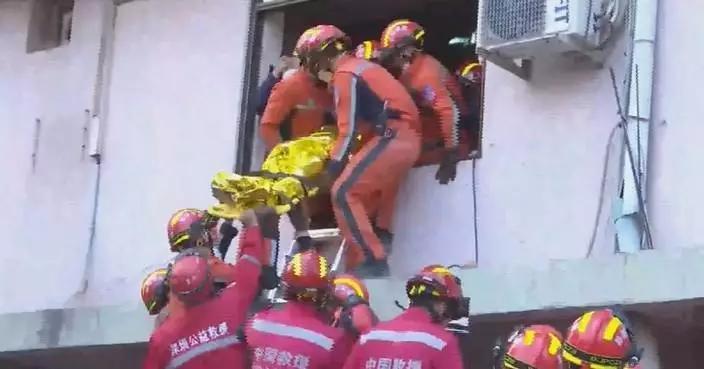CHP investigates food poisoning cluster
The Centre for Health Protection (CHP) of the Department of Health is today (December 16) investigating a food poisoning cluster affecting 13 persons, and reminded the public to maintain personal, food and environmental hygiene to prevent foodborne diseases.
The cluster involved 12 males and one female aged between 27 and 61, who developed abdominal pain, nausea, vomiting and diarrhoea about 13 to 54 hours after having a buffet lunch at Billow Bar Seafood Bistro located in Tai Po on December 8.
Six of the affected persons sought medical advice. None required hospitalisation.
Initial investigations by the CHP revealed that the affected persons had consumed common food including raw oysters. The incident might have been caused by norovirus.
Personnel from the CHP and the Centre for Food Safety of the Food and Environmental Hygiene Department have conducted an inspection at the restaurant, and instructed the premises concerned to suspend serving incriminated food items with immediate effect, carry out cleaning and disinfection of the premises and improve food preparation process and food hygiene. The officers have also provided health education related to food safety and environmental hygiene to the staff of the premises.
Norovirus infection typically causes acute gastroenteritis. It is also a common cause of food poisoning and is very often related to consumption of undercooked or raw shellfish. The disease affects people of all age groups and tends to be more common during winter.
To prevent foodborne diseases, members of the public are reminded to maintain personal, food and environmental hygiene at all times. When dining out, one should:
Avoid eating raw seafood;
Be a discerning consumer in choosing cold dishes, including sashimi, sushi and raw oysters at a buffet;
Choose pasteurised eggs, egg products or dried egg powder for dishes that often use lightly cooked or uncooked eggs;
Patronise only reliable and licensed restaurants;
Store and reheat pre-cooked or leftover foods properly before consumption;
Ensure food is thoroughly cooked before eating during a hotpot or barbecue meal;
Handle raw and cooked foods carefully and separate them completely during the cooking process;
Use two sets of chopsticks and utensils to handle raw and cooked foods;
Avoid patronising illegal food hawkers;
Drink boiled water;
Refrain from trying to use salt, vinegar, wine or wasabi to kill bacteria as they are not effective; and
Always wash hands before eating and after going to the toilet.
Fraudulent website and internet banking login screen related to The Hongkong and Shanghai Banking Corporation Limited
The following is issued on behalf of the Hong Kong Monetary Authority:
The Hong Kong Monetary Authority (HKMA) wishes to alert members of the public to a press release issued by The Hongkong and Shanghai Banking Corporation Limited relating to a fraudulent website and an internet banking login screen, which have been reported to the HKMA. A hyperlink to the press release is available on theHKMA website.
The HKMA wishes to remind the public that banks will not send SMS or emails with embedded hyperlinks which direct them to the banks' websites to carry out transactions. They will not ask customers for sensitive personal information, such as login passwords or one-time password, by phone, email or SMS (including via embedded hyperlinks).
Anyone who has provided his or her personal information, or who has conducted any financial transactions, through or in response to the website or login screen concerned, should contact the bank using the contact information provided in the press release, and report the matter to the Police by contacting the Crime Wing Information Centre of the Hong Kong Police Force at 2860 5012.



